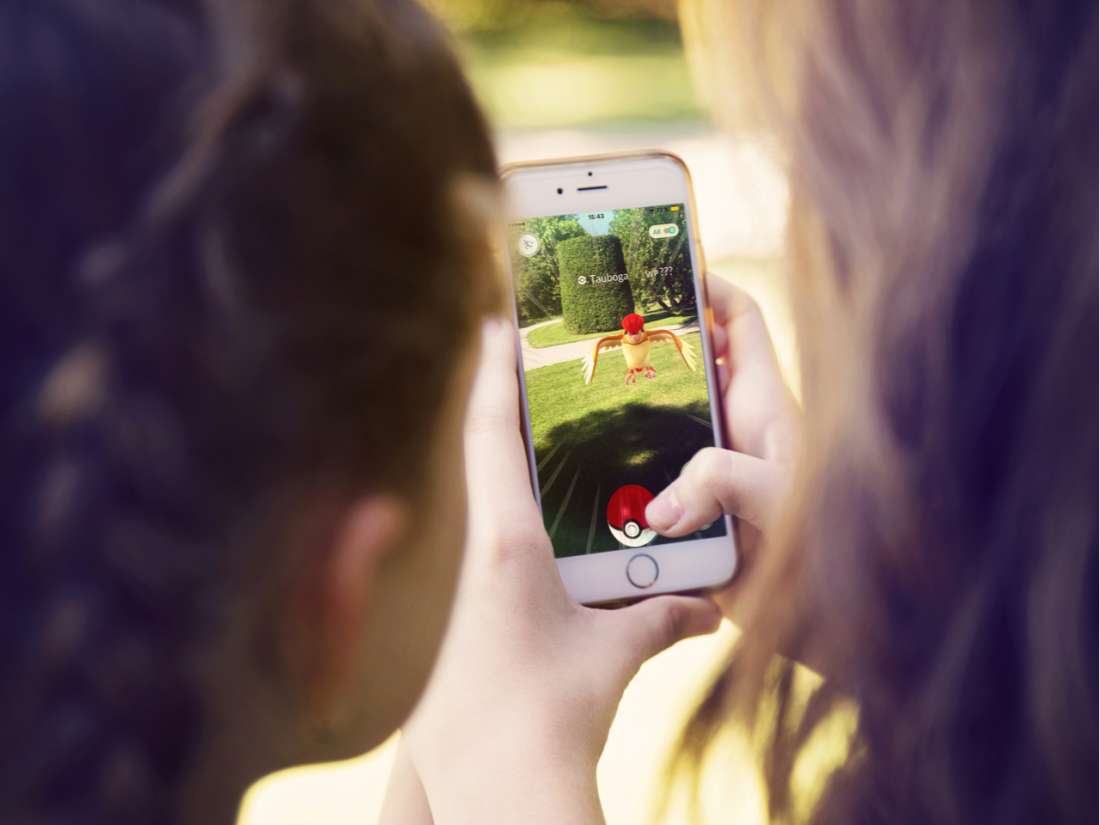Pokémon Go has been a massive success story for smartphone gaming. Simple to play, and with an emphasis on taking more exercise, the game is popular with adults and children alike.
In the past, anyone could create an account to play Pokémon Go using their Google of Facebook login details. But for many parents, this sign-up process was concerning.
All or nothing
By providing a Google or Facebook account to Pokémon Go, the developers of the game, Niantic, also gain access to those social accounts. Without any way to limit access, Niantic can “see” everything on that account, and to share it with their business partners.
Clearly this is undesirable – and unnecessary – for a kid’s game. But until now there has not been any way to control data sharing.
To address these concerns, Niantic has created the ‘Niantic Kids’ platform. Built with the assistance of ESRB Privacy Certified experts Super Awesome, Niantic Kids promises to help parents better protect their kids without ruining the game.
Niantic Kids is fully compliant with a range of international privacy laws, including GDPR in Europe and the Children’s Online Privacy Protection Act in the USA. By signing up for a Niantic Kids account, parents will be able to limit the amount of information shared with Pokémon Go – and better protect the privacy of their kids.
A lesson in smartphone safety
The reality is that Pokémon Go isn’t the only app harvesting potentially sensitive data from your child’s smartphone. Many “free” apps and games generate income by sharing the information they collect from your phone with advertisers, data aggregators and other partners.
The default settings on most apps will be to enable sharing – parental controls are almost never enabled as standard (even the parental controls in Panda Dome must be manually enabled). It is absolutely essential that you check each app installed on your child’s phone and use the parental controls to limit access to their information.
It is not just apps you need to check either. Apple’s iOS (installed on iPhones and iPads) has a number of additional privacy settings to give parents greater control over devices. Android devices have similar controls which need to be applied on your child’s phone.
Child safety applies to all devices
To properly protect your children you should enable parental controls on all of their devices. So if they have access to a laptop or desktop computer, you need to look at ways to protect their privacy, and to restrict access to adult or illegal content.
Again, Mac OS (installed on iMacs and MacBooks) and Windows come with basic parental controls as standard. But these tools tend to be quite limited in what they can do. Instead we recommend installing Panda Dome (free trial available here).
Panda Dome makes it easy to block unwanted websites and to see how the computer is being used. These reports provides clues about your child’s online behaviour, and provide a useful opportunity to discuss how to use the Internet safely.
Parental controls are not about stopping your kids from having fun online. They are designed to help your kids have fun online safely.
You can read more about keeping kids safe online in our Parental Controls media centre.
